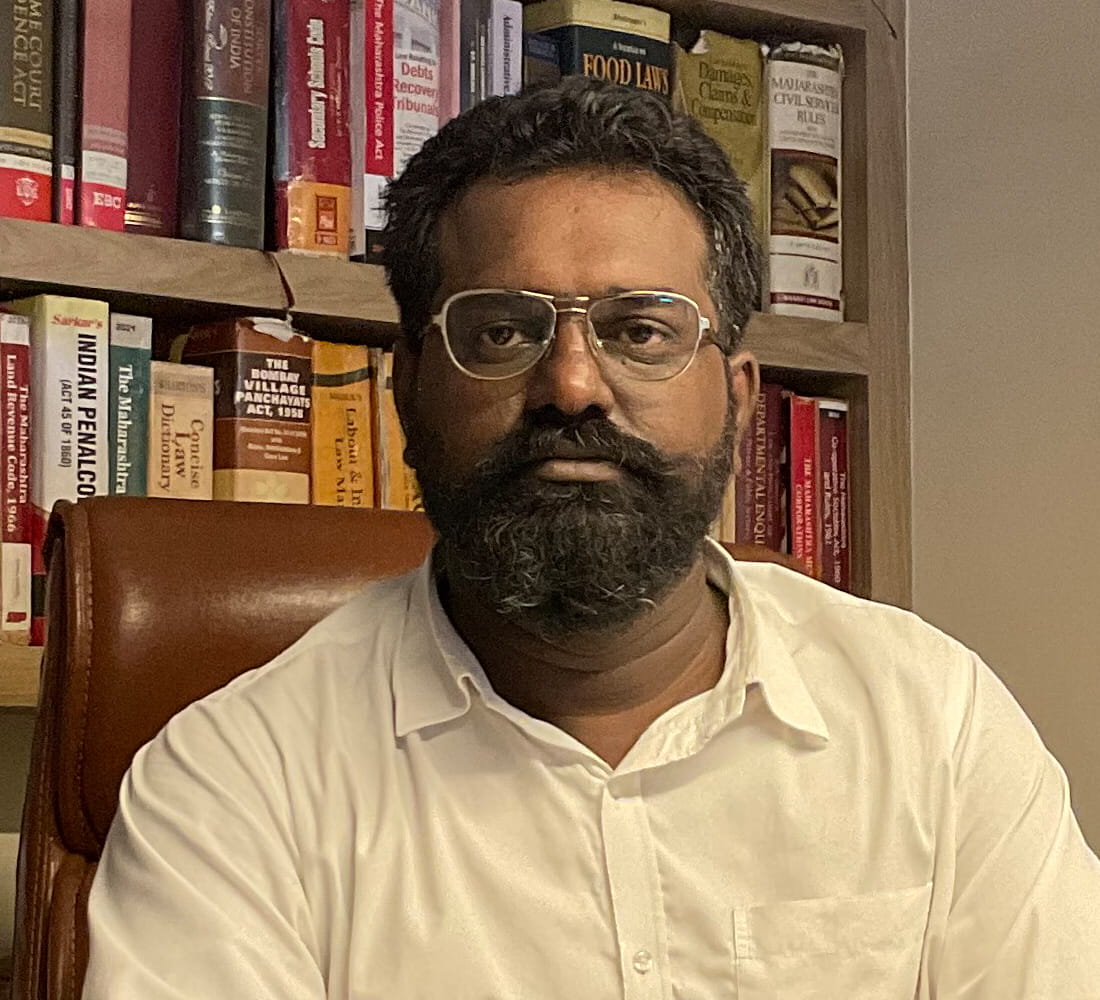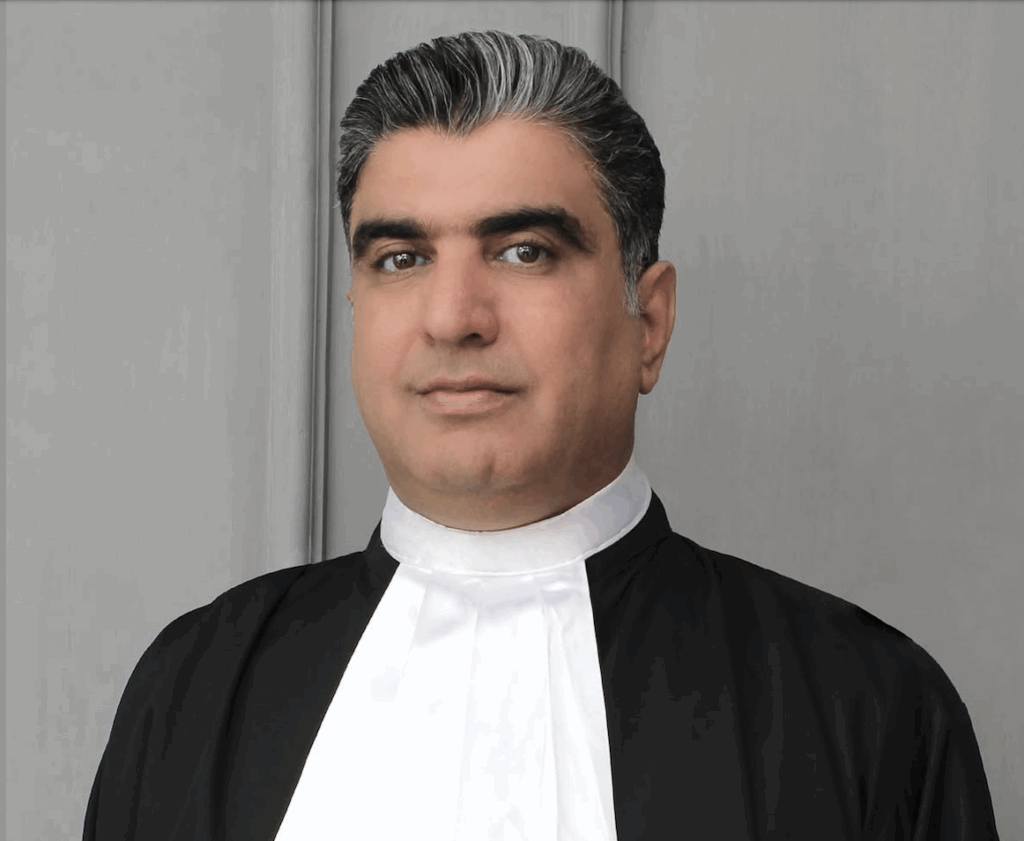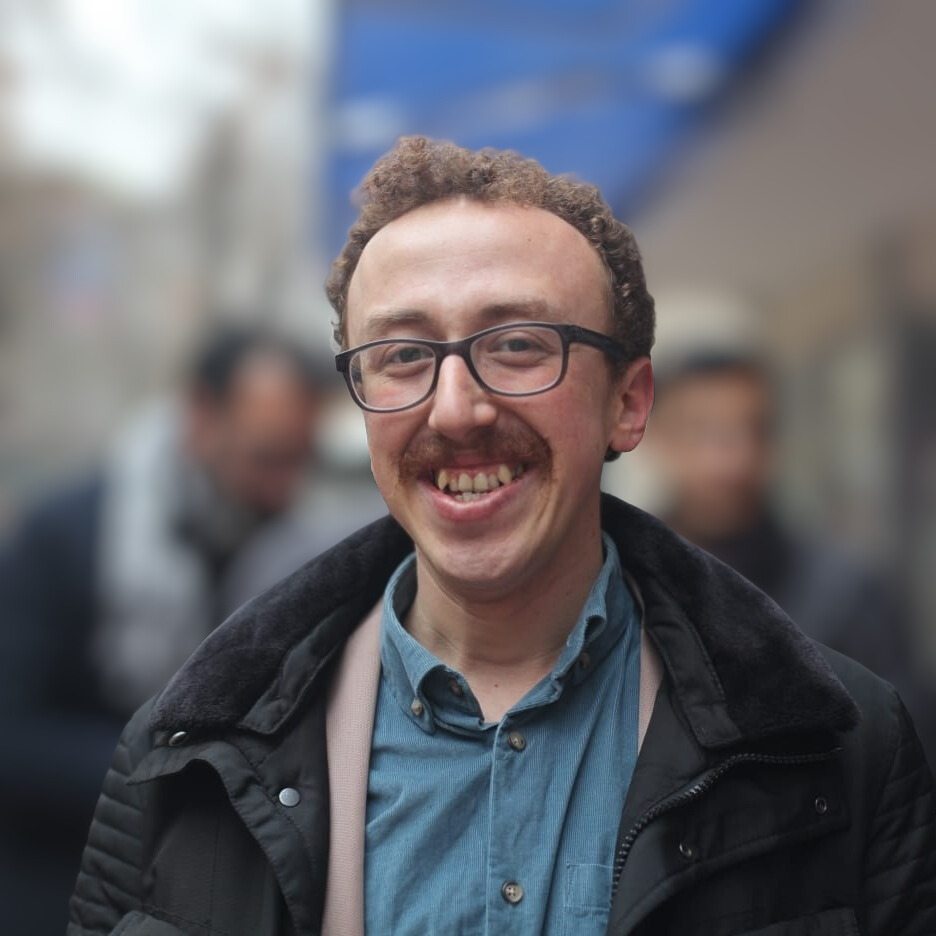Indian human rights lawyer Nihalsing Rathod talks about his confrere Surendra Gadling, who has been detained since 2018. ‘He is a legend.’
‘I am an ex-criminal,’ says lawyer Nihalsing Rathod with irony in a Zoom interview, ‘I belong to a tribe that was labeled criminal by the British in 1871.’
Although ‘untouchability’ was formally abolished in India as early as 1950, it still exists in people’s minds.
‘It usually happens less overtly – though the other day a senior scientist sued her cleaning lady for “defiling” her religious objects by touching them,’ Rathod says. ‘But we do experience discrimination. People are so used to it that they often don’t realize it themselves. A caste-free society is a dream for many of us.’
Since 2018, Rathod has been spending much of his time defending human rights lawyer Surendra Gadling. ‘Surendra Gadling was already a legend when I settled as a lawyer in 2013 in the same city, Jaipur in the Marathastra region. A self-made man who brought countless cases to fruition. He was rumored to be a crude arrogant drunk without even a phone, but when I met him that all turned out to be false propaganda. Gadling was very amiable, down to earth and witty. Laughing he showed me his two phones to dispel the talk. I have worked with him a lot since then.’
That the authorities were not happy with Gadling was obvious. Rathod: ‘He was too successful as a human rights defender. The right-wing populist Prime Minister Modi, who came to power in 2014, greatly inflamed the divisions in India. You can really speak of a ‘pre-Modi era’ and a ‘Modi era’. This man has succeeded in polarizing India on all levels: political, ideological, religious and caste. Violence is constantly around the corner.’
Precisely to counter this and protect the rule of law, on Dec. 31, 2017, a number of prominent human rights activists, including Gadling, held a rally called Elgar Parishad. ‘I attended as a listener,’ says Rathod. ‘It was an exchange of experiences of activists representing different groups, aiming to preserve the unity of the people against right-wing populism and democracy.’
The next day, the Dalits (formerly ‘untouchables’) in a nearby region had an important meeting. ‘They were attacked by groups that many identified as supporters of the caste system. There were injuries and one death. But to our surprise and horror, six months later, sixteen prominent figures from the Elgar Parishad meeting were arrested. They allegedly incited the violence.’
Among them Gadling, who is now still in custody. One charge has even been added. ‘The police said that on his computer was a letter about a plot to assassinate the president. With great difficulty, we as the defense got the material to be examined by experts. That showed that Gadling’s computer had been hacked and the incriminating material had been put on it.’
Meanwhile, Gadling is doing good things in prison, Rathod says. ‘There was a young man sitting there who would no longer eat, drink or talk. His entire family was in jail on suspicion of murdering his wife, who had committed suicide. Gadling talked him into courage and provided legal aid. The young man began to behave normally again, and the whole family was released on bail.’
And does Gadling himself have a chance to get out on bail? ‘I hope so, but they are happy to hold him because that way he poses no threat. And in India anything can happen – even a conviction with no basis in fact.’
This interview was originally written by Trudeke Sillevis Smitt and published in Dutch in the Dutch lawyers’ magazine Advocatenblad. See here for the original Dutch version.




